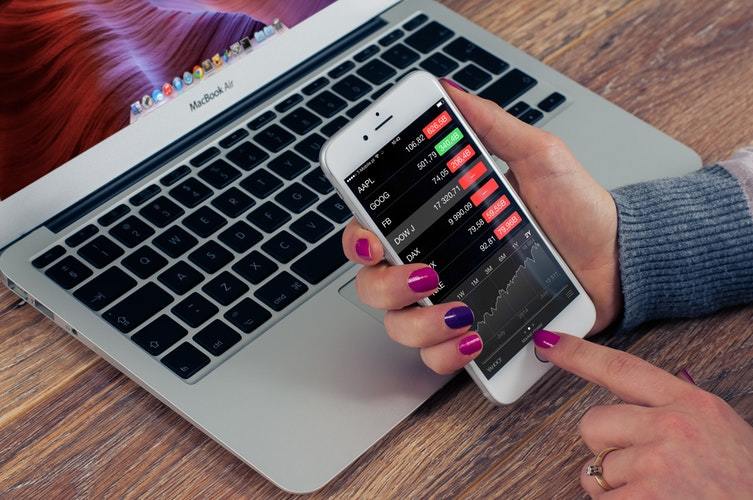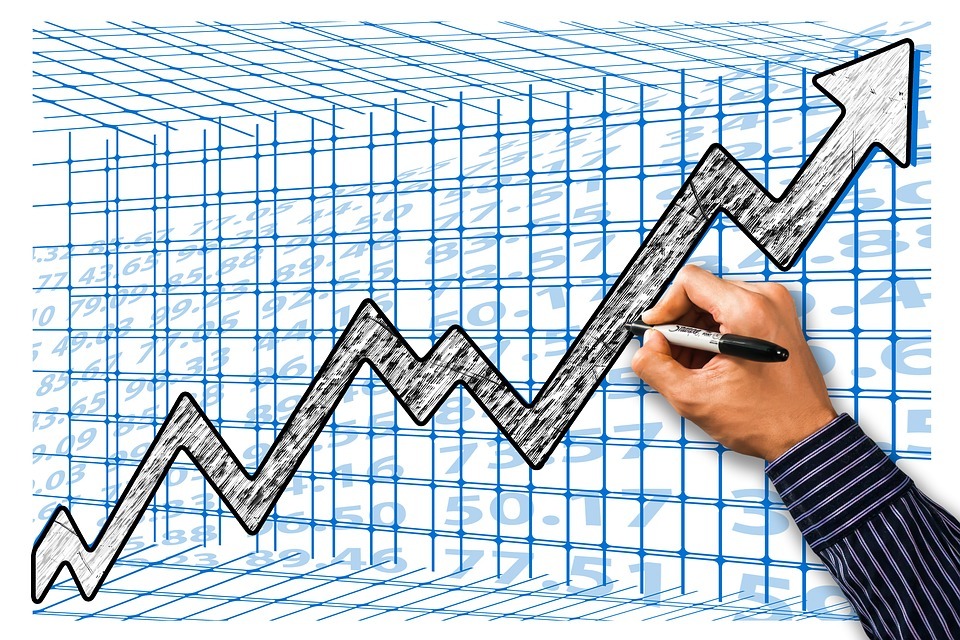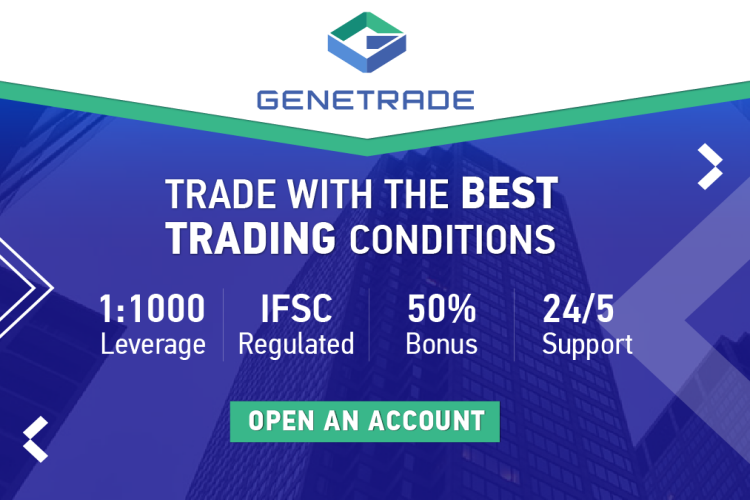What is a Forex Broker
Forex trading represents buying and selling currencies on the foreign exchange market, with the idea of making a profit. What few people know is that another name for the foreign exchange market is the interbank market.
Major players in the world of finance come to buy and sell currencies on this market. Central and commercial banks, liquidity providers, quant funds, private investors, Forex brokers, and retail traders, are only a few of the parties that trade currencies.
Out of all these, the retail traders count for only a few percentages of the entire volume traded. This percent is still big enough, due to the massive size of the market – over five trillion dollars daily.
But the retail traders didn’t have access to the interbank market for a long time. It just was too expensive.
The recent years saw technological advances changing the face of the industry. More and more intermediaries or Forex brokers appeared and started to fight for the retail traders.

The Role of a Forex Broker in Forex Trading
A Forex broker or a brokerage house is nothing but a middle-man. It comes and gives access to retail traders to the interbank market.
Against a fee, the retail traders merely open a trading account with the middle-man (Forex broker), deposit funds and start trading immediately. With the Internet penetrating more and more households, the number of retail traders grew exponentially.
But so did the number of Forex brokers. The competition is so fierce; many brokers use unethical methods to gain more clients.
The most significant challenge for a Forex broker is not only to find new clients but to retain them. Also, to make sure they trade, not only have a trading account and no trading activity.
Let’s not forget the broker makes money only if the trader opens and closes positions. Right? Wrong.
I mean, this is, indeed, the purpose of a brokerage house. But not all Forex brokers are the same.
Market Makers
Some Forex brokers act as market makers. It means they create a virtual market, replicating the quotes on the interbank market.
Their trading platform mirrors the real market. In earnest, these brokers make a market for their clients.
In other words, Forex trading doesn’t take place on the interbank market. Instead, it takes place against the broker.
Forex brokers also know the cruel statistics in the industry: most retail traders lose their first deposit. More precisely, the percentage exceeds eighty and even ninety percent in some cases.
For this reason, it makes sense to position against the retail traders, right? If you stand over eighty percent chances to win, why not trade against your customer's positions?

Therefore, market makers have trading departments that carefully trade against their clients’ positions. As such, they profit from both the regular commissions and fee from the brokerage industry, and from actively participating in Forex trading.
One may ask how do they know which clients will lose and which will make money. Again, statistics help.
Before opening a trading account, the retail trader must answer a serious of screening questions. Questions like: what amount you intend to deposit, experience in Forex trading, and so on.
Based on the answers, the broker assigns a specific category to each trader. For example, a trader with no previous experience and that wants to deposit $100, is poised to lose the first deposit.
Because of such activities, market makers aren’t viewed with “good eyes” by retail traders. Assuming, of course, the trader knows the broker’s type.
However, there’s nothing illegal in the broker’s activity. The debate is more an ethical question, as the true nature of a brokerage house loses its meaning if the broker acts against its client's positions.
There are big brokerage houses that offer fair conditions and are market makers. They attract the clients via aggressive advertising and run the business respecting all the rules of a brokerage house.
With, of course, the difference that it keeps all the trades in-house. No client orders reach the interbank market.
It doesn’t mean the market maker won’t tap the interbank market after all. But if it does that, it does it for its interest.
Hybrid Brokers, ECN and STP Brokerage Houses
Not all brokers choose to be market makers. For the reasons listed above, market makers aren’t that popular among retail traders.
While more expensive, there are some other ways to organize a brokerage activity. Some keep part of their clients’ orders in-house, and route the rest through a liquidity provider.
Speaking of liquidity providers, the more, the better. If the Forex broker taps a bigger liquidity pool from various sources, the result is tighter spreads even during times in the trading day when spreads typically widen (e.g., when positions are rolled over to the next day).
Brokers that keep trades in-house but also route some of them are hybrid brokers. On top of the two forms mentioned, ECN and STP technologies change the way the Forex brokerage industry works.
ECN comes from Electronic Communication Network and STP from Straight Through Processing. The main difference between the two and any other way to organize a brokerage house comes from execution.
ECN and STP proud themselves of routing all trades to liquidity providers. Next, the system automatically picks the best match for the clients’ orders and executes the trade when there’s a market.
Because Forex trading takes place virtually around the clock, there’s always a market to execute the trades. With some exceptions, ECN and STP represent the best ways to organize a brokerage business.
They do have some disadvantages for the Forex trader. For example, execution at market comes with some hurdles.
Here’s an example. When a trader has a take profit level in place, and the market gets there during high-volatility market news (e.g., Non-Farm Payrolls), the actual execution takes place at a higher level.
While in this case, it means more profits, the same principle applies to a stop loss order. Hence, a double-edged sword comes from ECN and STP.
However, they do represent the best way to trade a Forex account too. And, if you think of the way Forex brokers evolved in time, it is quite a remarkable progress from the four-digit trading accounts to the currency five-digit ones.
The digits refer to the number of decimals in a quote. For example, in a four-digit account the EURUSD quote is 1.2276, while in a five-digit account it may be 1.22764.
Conclusion
Retail Forex trading won’t be possible without Forex brokers. Many traders ask if it is possible to bypass the middle-man.
Yes, it is possible, but no-one wants to assume the additional costs. Like it or not, the Forex broker brings much to the trading environment:
- At least one trading platform. Typically, the MT4 or MT5, if not even a brand new one built in-house.
- Price stability through stable spreads most of the time. This won’t be possible if accessing the interbank market on your own.
- Trading costs accessible to any trading account and any trader.
All in all, a Forex broker should be a trader’s partner. It should be there to educate and give the best advice when needed.
It should offer the best transaction environment possible, with as little a cost as possible. In return, the trader rewards the broker with active trading.
However, Forex brokers, like any businesses, aren’t charities. They must live from something.

But that something has nothing to do with either the traders make a profit or not. It has nothing to do with the outcome of the trading activity.
In fact, brokers suffer the most when clients lose. Because a trader that failed, most likely won’t fund the trading account anymore. Hence, fewer fees and commissions for the Forex broker.


